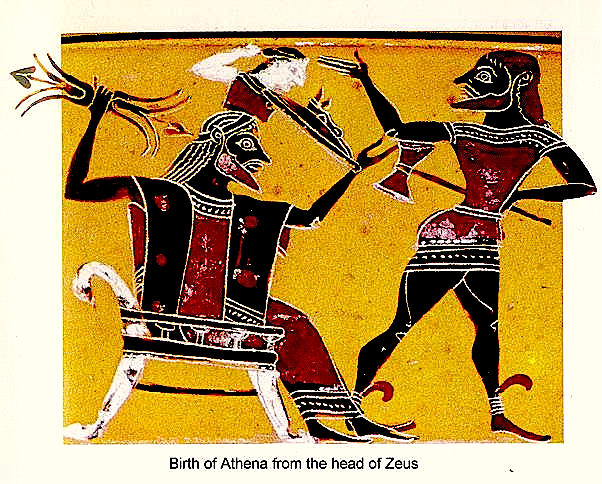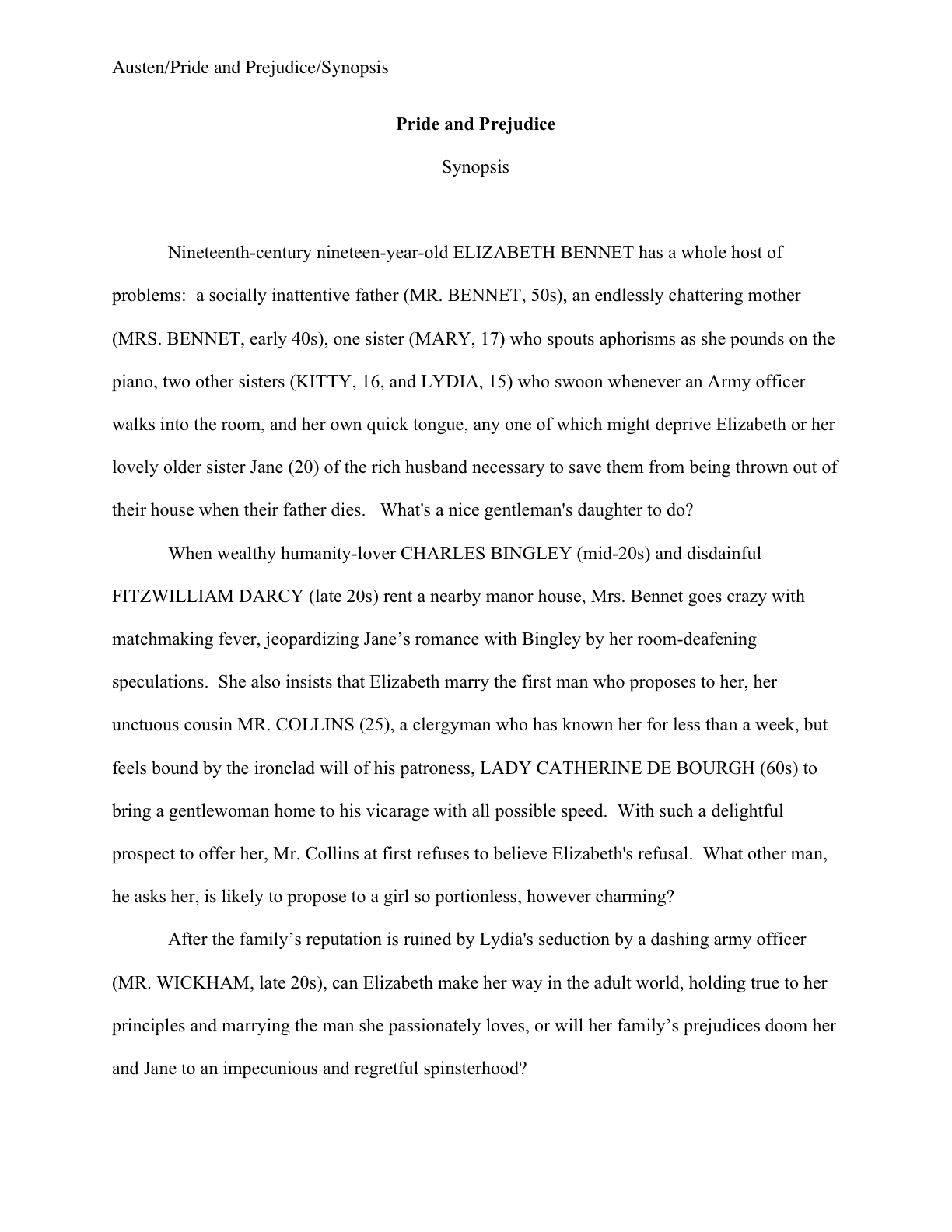
Before I launch into today’s post: what if the black thing in the photograph above?
No need to answer right away, of course; as is my wont, I have selected a thematically appropriate image from my snapshot collection. I shall be referring back to it later in this post, never fear. So go ahead and take your time settling on your final answer.
Back to the business at hand. As I sincerely hope is pellucidly clear by this point in Synopsispalooza, at the querying stage, there is no such thing as a standard-length synopsis; it’s the writer’s job to check each individual agency’s website and/or agents’ guide listing for guidance on just how long the synopsis part of send query + synopsis should be. The same holds true for a requested synopsis in a submission packet: if the requesting agent (or, more likely, her query-screener, our old pal Millicent) does not ask for it to be a specific number of pages, it’s incumbent upon you to hie yourself to the agency’s submission guidelines information to make sure that there isn’t a generic preference listed there.
Whatever you do, don’t make the common rookie mistake of assuming that every agency adheres to a single standard — or the even more common first-time conference-goer’s mistake of taking an individual agent’s expressed preference for what he wants to see in query or submission packets for his chosen book category as a rule inviolable for what all agents want. Even a cursory glance through five or ten randomly-selected major agencies’ websites will demonstrate abundantly that, contrary to popular opinion on the writers’ conference circuit, not only do different agencies mean wildly different things by the term synopsis; each has its own very distinct notion of what should and should not be in a query packet.
And don’t even get me started on how much contest rules’ standards for synopsis length and content vary. There’s just no getting around the imperative to seek out and read every set of individual guidelines before you submit any of your writing to a professional reader’s scrutiny, anywhere, anytime.
If that wasn’t enough diversity of expectation to strike fear into the querier or submitter who wants nothing more than to be able to sit down, crank out a single synopsis that is applicable to every conceivable synopsis-requiring situation, and calling it good for a lifetime, what works in one book category’s synopsis may well not work in another. As we have been seeing in practice over the past few days, what shines in a 1-, 2- 3-, or 5-page novel synopsis might not work in a 1-, 3-, or 5-page memoir synopsis, nor will the strategy and structure of a memoir synopsis necessarily make a nonfiction synopsis sound exciting. Then, too, what might fly in a 1- or 2-page synopsis for a multiple-protagonist novel won’t necessarily be beefy enough for a longer synopsis for the same work.
One would have thought, after all of those posts positively crammed to the gills with concrete examples, that I had covered most of the possible synopsis length-related bases, wouldn’t one? Alas, no: as frequent, plaintive comments from readers abundantly illustrate, there is in fact another length problem:
But what if the directions don’t give a specific length? Are you expected to include a 5-pg or the 1-pg version? (I’m assuming the 1-pg is this mysteriously vague “brief synopsis.”)
Could you mention again what each {length of} synopsis is used for? So many agents on my list ask for a “brief synopsis” and I have no idea how many pages “brief” is supposed to be.
I do have a question, though, which you may have already addressed: If submission guidelines don’t state the length of the synopsis, what should I assume? Five pages, or one? I’ve also seen the term, “two-page treatment.”
Is there some sort of epidemic of vagueness suddenly striking agencies’ websites, or are aspiring writers not reading submission guidelines as carefully as they were in olden times? Or is that pernicious rumor going around again, the one that maintains that agents have started deliberately adding misleading guidelines to their websites in the hope of confusing aspiring writers into being afraid to query, and thus reduce the volume of mail Millicent is required to open from bins and bins every day to perhaps a civilized handful?
Oh, yes, one does hear that little gem from time to time. It’s one of the great writerly urban legends, second only to the whopper about every agency in the country’s subscribing to a secret record-keeping service that tells them at a click of a button whether any other agency has already rejected the query in front of them. That way, the legend goes, the most recent agency’s Millicent doesn’t have to read the query at all; she, and her counterparts all over the country, can simply reject it unread. Another popular myth: agencies keep such meticulous records of queries that if an aspiring writer queries, spends five years completely revising the manuscript, then queries again, the agency screener will instantly recognize it as a book they’ve been offered before and reject it accordingly.
Those of us whose job it is to translate between writers and those on the other side of the submission desk spend a lot of time quelling those sorts of fears. No matter how many times we bash them with the stick of truth — down, Cujo! — they rise again to trouble the sleep of aspiring writers.
Even if the questions above were in response to a new set of urban myths or a fad in submission guideline-writing, it would have been tempting to assume that they weren’t: since none of the askers showed the ambiguity in context (by including more than a couple of words they found confusing in quotes, for instance), I’m basically having to guess what they find objectionable about the phrase brief synopsis.
Is the disturbing element the fact that the term is conceptually redundant, because synopses are, by definition, brief? Or are the questioners just miffed because not every set of agency guidelines gives specific length restrictions for synopses?
Experience tells me that it’s almost certainly the latter. How do I know? Because not only am I constantly hearing from writers panicked because they’re not certain that they are following rules correctly — sometimes because the guidelines are genuinely ambiguous, sometimes because they’re simply uncomfortable with not having their work checked for accuracy before they submit it, both completely legitimate reasons to consult a freelance editor — but I hear almost as often from agents and editors who complain that writers these days just can’t seem to follow directions.
Why, there’s a perfectly clear set of guidelines posted on the agency’s website, right? Or isn’t there? Chances are, the complaining agent won’t have checked his own website to double-check; that’s his Millicent’s job.
Actually, while the popularity of this particular question may be new, the essential tension isn’t. Especially since the rise of the Internet, aspiring writers have always wanted far more guidance about what agents and editors expect than the latter tend to take time to provide, and those on the business side of the business believe that anyone seriously interested in writing professionally either knows the ropes already or can easily find out what to do.
Having recently done a virtual tour of a few dozen agency websites, checking out submission requirements, my sense is that they haven’t changed much recently; there are simply more agencies with websites than five years ago. The fact that they display less uniformity of expectations between sites than aspiring writers might like isn’t new — it’s just better-advertised.
Nor was have I noticed a particularly strong trend toward using either the dreaded term brief synopsis or asking for treatments of any length. (The latter is a movie industry term, not a publishing one, though, so it may well pop up in the guidelines of those relatively rare agencies that represent both screenplays and books.) Oh, plenty of agencies did not specify a particular length for the synopsis, but since the 5-page synopsis is so commonly used in agencies and publishing houses, and since agency guide listings have been asking for 3-5 page synopses for decades, everyone would just know to be in that ballpark.
Which is the short answer to all three of the questions above, incidentally: if the guidelines don’t give a firm length, the agency does not have a firm expectation on the subject. As long as it’s in the general ballpark of what’s expected, you’ll be fine. Next question?
I heard that vast collective moan. Who could blame you: just then, I sounded like an agent or editor who was asked at a conference how long a synopsis should be, didn’t I?
Well, not completely, but not merely because I didn’t automatically roll my eyes at the question — which, to save all of you conference-enthusiasts the trouble of trial and error, half the folks on the agents’ and editors’ forum dais would automatically do at this particular question. What they would actually say is, “Read the agency’s submission guidelines,” then call on the next would-be questioner, pleased at having evaded helping out someone who just hadn’t bothered to learn how the game is played.
Which would miss the point of the question entirely, right?
Let me run through the underlying logic here, because being able to place oneself in an agent or editor’s shoes is a really, really useful professional skill for a writer at any stage of her career. As I mentioned above, it’s rare that you’ll meet one who doesn’t believe that a writer’s knowing how agencies work is a pretty good indicator of professionalism; that’s the basic justification for automatically rejecting Dear Agent letters and queries that run longer than a page, right? Clearly, the sender of a Dear Agent letter — or 10-page, single-spaced synopsis — hasn’t bothered to do his homework. A writer who sends a three-page query is not only unlikely to be able to follow directions, they reason — her writing probably isn’t very polished, either.
Unfair to the talented individual who just doesn’t happen to know the ropes yet? Undoubtedly. But statistically provable, based upon the tens of thousands of queries and submissions the average agency receives over the course of a year? Absolutely.
So to them, the ability to follow an agency’s stated submission guidelines is not only a prerequisite for a writer’s getting her work read by an agent — it’s an indicator of how much effort that writer has put into learning the ropes, and thus a pretty good measure of seriousness about getting published. Thus, when a writer stands up at a conference and asks to be told how to write a synopsis, what they tend to hear is, “I haven’t bothered to learn anything about how the industry works. Because I’m lazy, I’m coming to you for a quick answer.”
Is that assumption disrespectful to the questioner? Of course. But doesn’t the habitual terseness and even sometimes downright anger many agents and editors display at being asked such questions make more sense now? They’re not responding to the question so much as the perceived tell-me-a-secret-so-I-don’t-have-to-do-my-homework attitude.
I hear all of you gnashing your teeth. “But Anne,” frustrated queriers and submitters across the English-speaking world wail, “don’t they realize that half of the agencies out there seem to be calling for something different? Or that many of their guidelines are, at best, vague? How am I supposed to know whether what they have in mind by a brief synopsis is 1 page, 3 pages, 5 pages, or 117? What’s next — are they going to ask me to guess what color they’re thinking?’
Before I answer that, take a nice, deep breath. Not that wimpy, shallow one you just took: a real one.
Feeling calmer now? Good, because it’s going to make what I’m about to tell you much, much easier to accept: if they don’t ask for a specific length for the synopsis, it’s because they don’t care how long it is — unless it is wildly out of keeping with professional standards.
See why I wanted your brain nice and oxygenated for that one? Given how many aspiring writers to fall into the trap of believing (inaccurately, as it happens) that submission guidelines are just a bunch of arbitrary tests designed to trick writers, I’m betting that the last paragraph came as a great, big surprise to quite a few of you.
Especially to those of you who have stared at an agency’s website until your eyes blurred with tears, muttering, “What length do they want me to guess? And is the color they have in mind red?”
Seriously, they’re not trying to trick you, and they’re not expecting you to read their minds. These are people who spend their lives nitpicking over comma placement; believe me, if seeing a 4-page synopsis rather than a 3-page synopsis would ruin their days, they’d specify. So here’s a rule of thumb in which you may absolutely place your trust:
If the agency’s guidelines ask for a particular length of synopsis, send one of that length; if they don’t specify, then it’s up to the submitter how long it should be. Just don’t go over 5 pages — or less than 1 full page.
Oh, dear — that last bit sent your arbitrariness-sensors blaring, didn’t it? Actually, this is a matter of aesthetics: as I mentioned earlier in this series, in a synopsis, fuller pages tend to look more intentional to the pros than those less than half-full of text, probably because professional authors are used to having page limits. A synopsis that just sort of peters out 3 lines into page 4 is likely to strike Millicent as a first draft, rather than something tightly edited.
That was catnip to the paranoids out there, wasn’t it? “Aha, Anne — we’ve caught you. If that’s a secret handshake sort of thing, how do I know that the term brief synopsis isn’t some sort of code? How do you know that every agent who uses it doesn’t have a specific length in mind?”
Um, experience? Not to mention a strong understanding of probability.
Think about it: what precisely would be the benefit to these folks in coming up with a secret definition of a term that is on its face deliberately ambiguous? (No, neither sadism nor deep-seated hostility toward writers are adequate answers to that question.) And why on earth would people who spend their lives in cutthroat competition with one another waste their all-too-precious time getting together to conspire on something that couldn’t possibly do them any good?
Look deeply into my eyes and repeat after me: there is no secret definition here. 100% of the demand for standardization of submission guidelines comes from aspiring writers, not agents. No matter how much aspiring writers might like for there to be absolute standards, agencies have different expectations for a lot of parts of the query packet — that’s why they post guidelines.
Again, think about it: if there were actually only one set of expectations governing the entire industry, why would individual agencies bother to post submission guidelines at all?
Trust me, everyone has something different in mind by the term brief synopsis. They each want what they want, period; if they care about a specific length, they will say so up front. If they just want a synopsis to try to find out what the book is about, and they don’t want to get sent a 20-page diatribe, they may well employ the adjective brief.
It isn’t any more complicated than that, honest.
I realize that the explanation above may seem a bit out of character for me — usually, I encourage in-depth analysis, not bottom-lining things. But in my experience, aspiring writers usually ask this sort of question because they believe (sometimes rightly) that their queries and submissions will be rejected on sight if they guess wrong, essentially, in gray areas. They want all of the grayness removed.
That’s understandable, of course. But remember how I showed above how differently folks in the biz sometimes hear writers’ questions? That perfectly legitimate longing to be told precisely what to do tends to be interpreted on the other side of the querying desk as either a lack of confidence or — brace yourselves; this one’s nasty — as a lapse in creativity.
Seem odd? Consider it from an agent’s perspective: writers are constantly going out on interpretive limbs in their manuscripts, right? So why should it be scary to apply their own judgment to something that could be seen as a creative decision, the length of the book’s synopsis?
So when she omits mention of how long the synopsis should be from her guidelines, she doesn’t merely misunderstand the writerly terror of doing something wrong — she doesn’t get why any sane aspiring writer wouldn’t consider the freedom from length restrictions a gift. Queriers’ angst on the subject might even strike her as a trifle arrogant: is this writer really so sure that everything in his query or submission packet is so marvelous that the ONLY reason she might reject it is the length of the synopsis?
I hate to be the one to break it to you, but it’s really quite rare that a rejected submission — or even a query — has only one red flag. There’s a bright flip side to that: if a writer follows all of the actually posted guidelines and adheres to standard format, interpreting a request for a brief synopsis in as 4 pages rather than the 5-page version the agent might secretly have had in mind is not going to make the difference between acceptance and rejection.
95% of the time, the writing and the content determine that. Honest. Don’t squander your valuable energies, as so many aspiring writers do, in obsessing over how best to second-guess Millicent.
Seriously, an aspiring writer’s energy would be better invested in polishing the actual writing, rather than obsessing over whether there’s a secret handshake imbedded in the submission guidelines. Follow what directions are there, use standard manuscript format as your guide where an individual agency’s rules are silent, and accept that agents tend to assume that writers are intelligent people, not psychic ones.
Do your best to follow the guidelines you’re given, then move on. Because, frankly, to a Millicent who works at an agency where no one particularly cares about synopsis length, as long as it isn’t more than 5 pages, the picture above and this

look pretty much identical; they’re just two views of the same set of things. But it’s much, much easier to tell from the second one that the black object is the handrail for a descending staircase, isn’t it?
I don’t really need to belabor that analogy further, do I?
Besides, becoming comfortable with ambiguity is great training for working with an agent or an editor: it’s not at all uncommon for an editor to expect an author to revise an entire book based upon just a couple of sentences of commentary, or for an agent to expect a client to structure a submission one way for submission to editor A and another for editor B without having to hold the client’s hand every step of the way.
Try to think about navigating every agency’s slightly different expectations as a dry run for those more glamorous challenges.
I’ll be wrapping up Synopsispalooza next time, thank goodness, and then we can get back to more of our ever-popular in-depth analyses of first pages of manuscripts. Keep me abreast of those new writerly urban legends, everybody, and keep up the good work!

